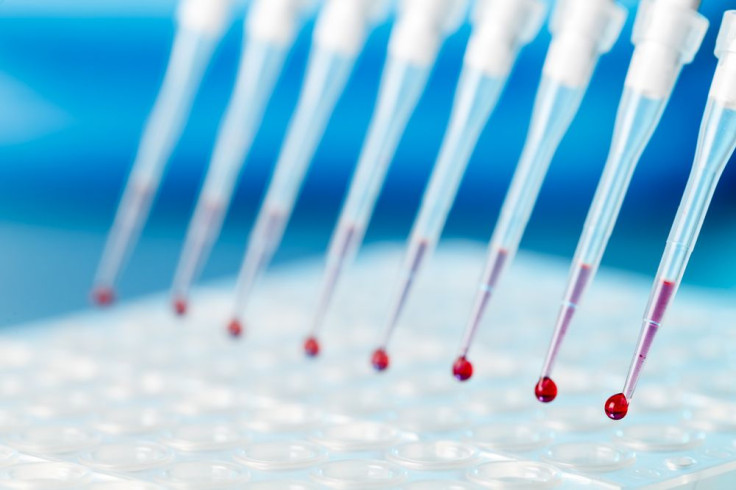Cancer Stem Cells Responsible For Disease's Resistance To Drugs, Enhanced Tumor Growth

New research shows that a biomarker occurring on the surface of tumors may promote the proliferation and resilience of cancerous tissue, providing a new clue as to how some cancers become resistant to drugs during treatment.
The findings, published in the journal Nature Cell Biology, suggest that the molecule CD61 strengthens tumors by enhancing the stem cell-like properties of cancerous tissue. “There are a number of drugs that patients respond to during their initial cancer treatment, but relapse occurs when cancer cells become drug-resistant," Dr. David Cheresh, a researcher at the University of California, San Diego, School of Medicine and lead author of the study, said. "We looked at the cells before and after they became resistant and asked, 'What has changed in the cells?'"
To investigate, the researchers analyzed how samples of cancerous tissue interacted with commonly used drugs like erlotinib and lapatinib, known collectively as tyrosine kinase inhibitors. They found that, as the samples developed resistance, they expressed more and more stem cell-like properties associated with the CD61 pathway.
Conversely, when they administered treatment designed to exploit the same pathway, they found that the samples became re-sensitized to drugs and gradually lost their stem cell qualities. "The good news is that we've uncovered a previously undefined pathway that the tumor cells use to transform into cancer stem cells and that enable tumors to become resistant to commonly used cancer drugs," Cheresh explained.
The findings have already inspired a clinical trial aimed at combatting drug resistance in cancer therapy. The trial, run by Dr. Hatim Husain of UC San Diego’s Moores Cancer Center, will be open to patients with lung cancer who have experienced drug resistance to erlotinib. According to Husain, the experiment has the potential to greatly improve care for future patients.
"Based on these research findings we now better understand how to exploit the 'Achilles heel' of these drug-resistant tumors,” he explained. “Treatments will evolve into combinational therapies where one may keep the disease under control and delay resistance mechanisms from occurring for extended periods of time."
Source: Seguin L, Kato S, Franovic A, et al. An integrin β3–KRAS–RalB complex drives tumour stemness and resistance to EGFR inhibition. Nature Cell Biology. 2014.
Published by Medicaldaily.com



























